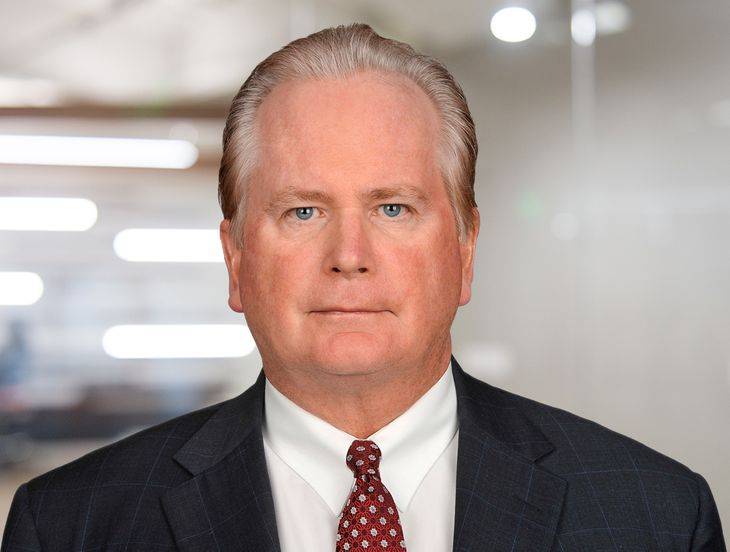Impact of President Trump Likely Limited for California Employers
Insights
11.22.16
The new president will likely bring substantial shifts in federal government policy, but California employers will be less affected by the changes because California has so many of its own employment laws. Here are some predictions regarding how California employers might be affected by potential changes in the law under President Trump.
Will the increased salary threshold for the “white collar” overtime exemptions be cancelled?
Probably not. That increase becomes effective December 1, 2016. President Trump cannot simply cancel it upon taking office since it was implemented as part of a regulation. A new regulation would have to be introduced and the public be given time to comment. That process would take several months and by that time the higher threshold would be baked into most employers’ compensation plans. It is also doubtful that President Trump would devote time and political capital toward cancelling a move touted as benefitting the middle class, given the themes of his campaign. It is more likely that the regulation could be changed in some respects, especially its mandate for automatic increases in the salary threshold based on cost of living starting in 2020.
Will President Obama’s executive orders relating to labor and employment be cancelled?
E.O. 13673, the “Fair Pay and Safe Workplaces” order, which was enjoined by a federal court, will likely go away. One of the most controversial aspects of that order was its requirement that all prospective federal contractors disclose all labor and employment law violations in the last three years and that those violations be considered in determining whether to award a contract. The fate of other orders affecting federal contractors, that require a higher minimum wage, paid sick leave and notification of employees about their rights to unionize, are less certain.
Will the National Labor Relations Board’s aggressive expansion of its jurisdiction be pulled back?
Most likely, but not right away. The five-member NLRB has two vacancies that President Trump can fill upon taking office which, when confirmed, will result in a 3-2 majority for Republicans. The NLRB typically makes policy by deciding cases, not by issuing regulations, so it will take some time for the new board to reconsider the Obama board policies regarding such issues as joint employment, class action waivers in arbitration agreements, and language in employee handbooks. While a Trump board will likely be less anti-employer than the Obama board it will not necessarily be as anti-union as past Republican boards, given Trump’s blue collar support and his history of positive union relations as a developer.
Will employers be required to provide six weeks of paid maternity leave?
This was a promise made by Trump, with the support of his daughter Ivanka, during the campaign. It would require legislation passed by Congress, which might well be less enthusiastic about saddling business (or taxpayers) with the cost. It is not likely to be an immediate priority in any event.
Will President Trump’s power to appoint judges affect employment law?
Yes, but only over the long term. President Trump must fill the key vacancy on the U.S. Supreme Court upon taking office and the justice he appoints will likely ensure a conservative majority on the Court for years to come. President Trump is likely to appoint more conservative federal trial and appellate judges as well. The 9th Circuit U.S. Court of Appeals, which covers California and other western states, has become very liberal but President Trump’s appointees should make it more balanced. There are presently three vacancies for the new president to fill right away.
Will President Trump have an impact on California employment law?
Not in a good way. California has its own employment laws that in most respects are more employee-friendly than federal law, and changes in federal law will have no impact on state law. So long as California has a Democratic governor and legislature, its state laws are likely to remain unfriendly to employers. In fact, California’s legislature may well add more protections for employees if federal law protections recede.
Related People
-
- James J. McDonald, Jr.
- Partner
